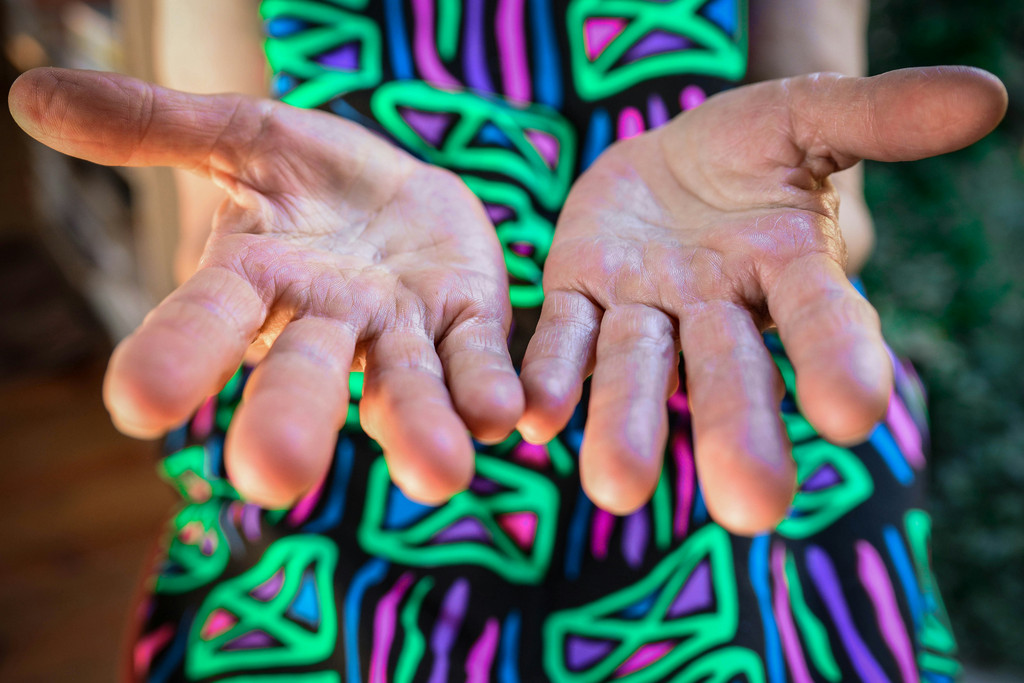
Growing older means redefining yourself
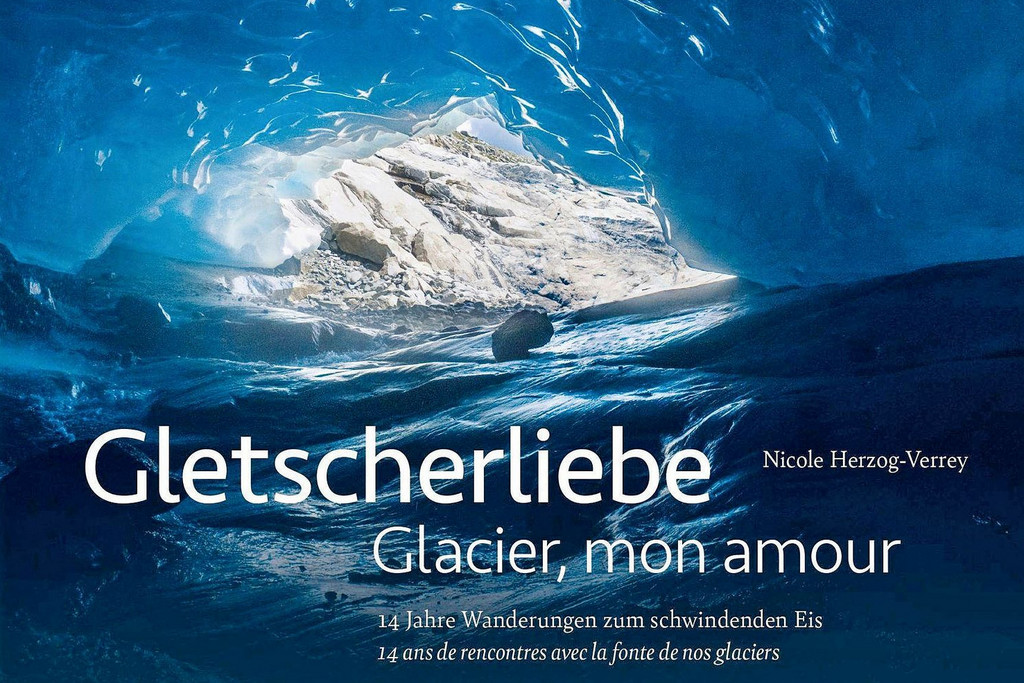
Declaration of love for the threatened Alpine glaciers
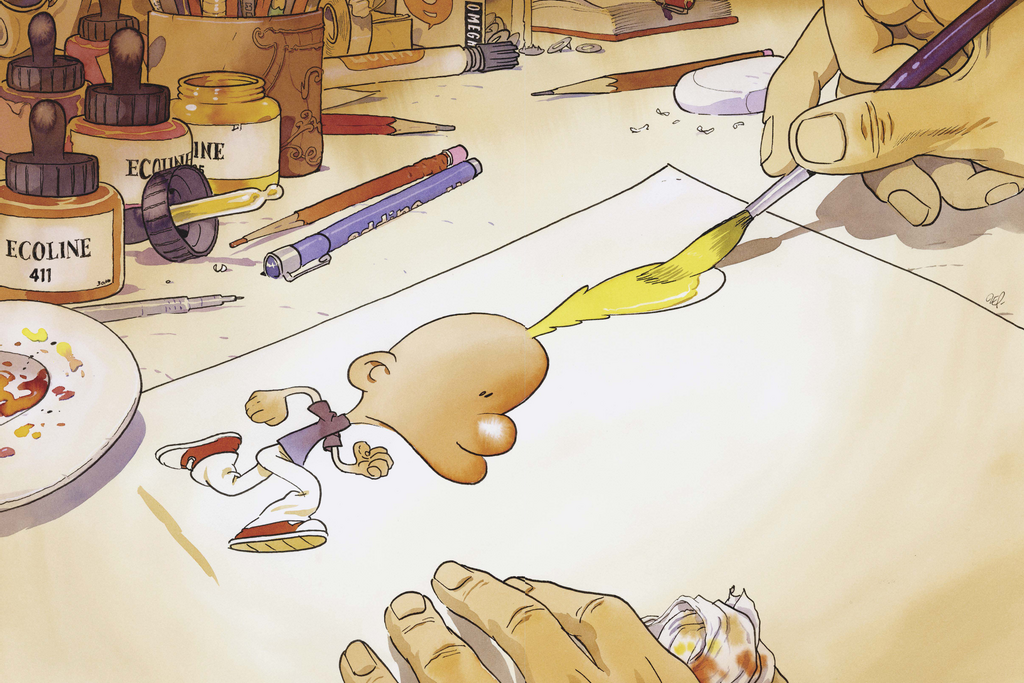
Zep asks Titeuf to save the planet
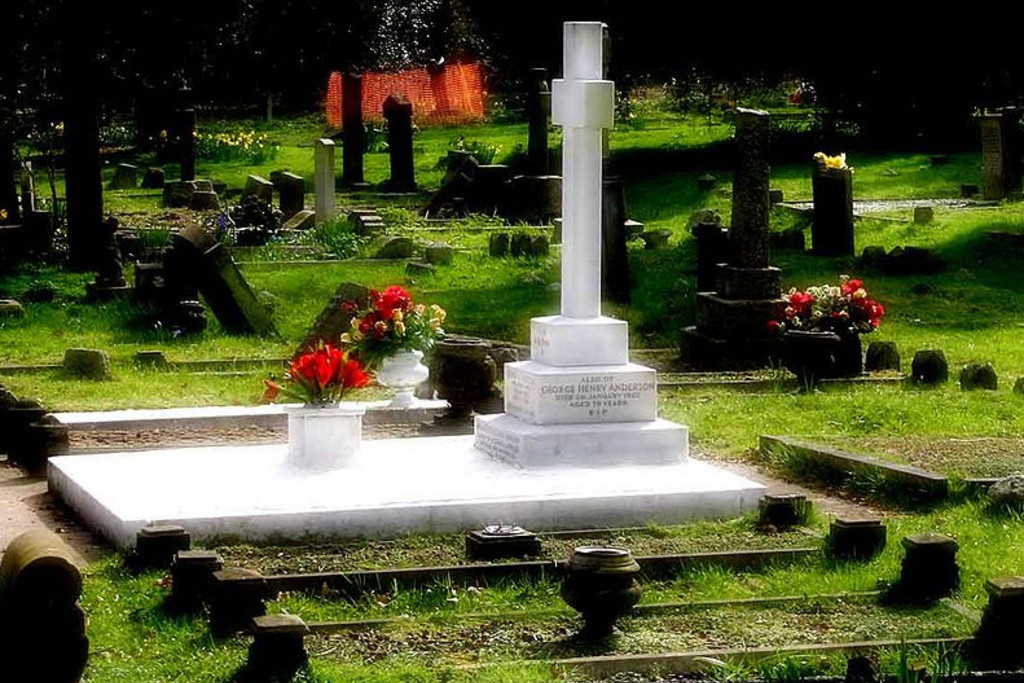
Poetic tributes to the lonely deceased

The tale of a valley
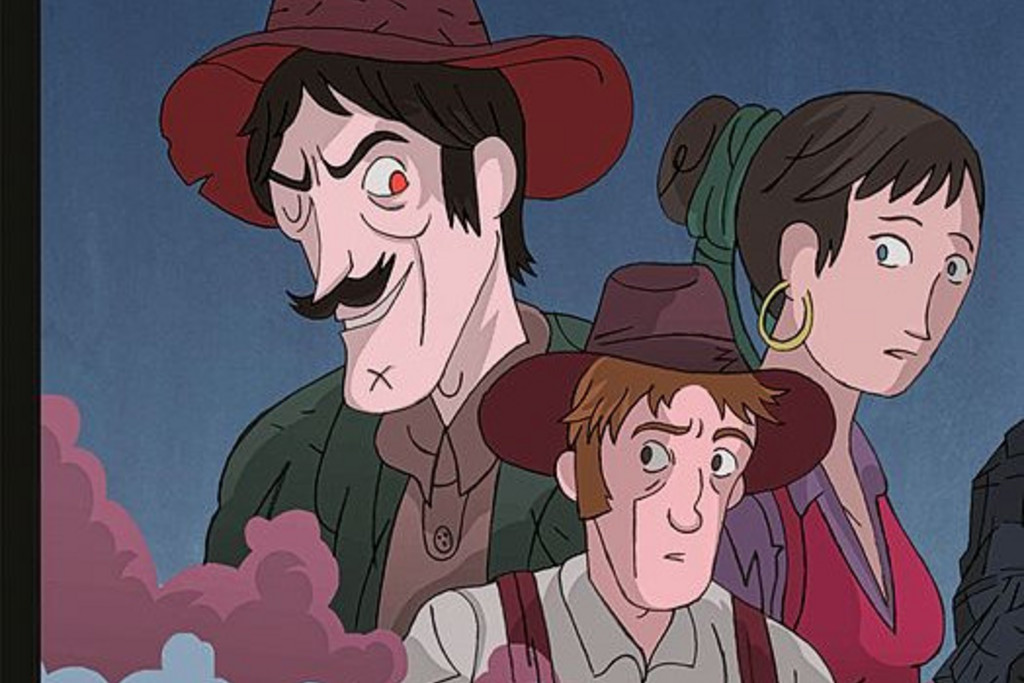
“La grande peur dans la montagne”
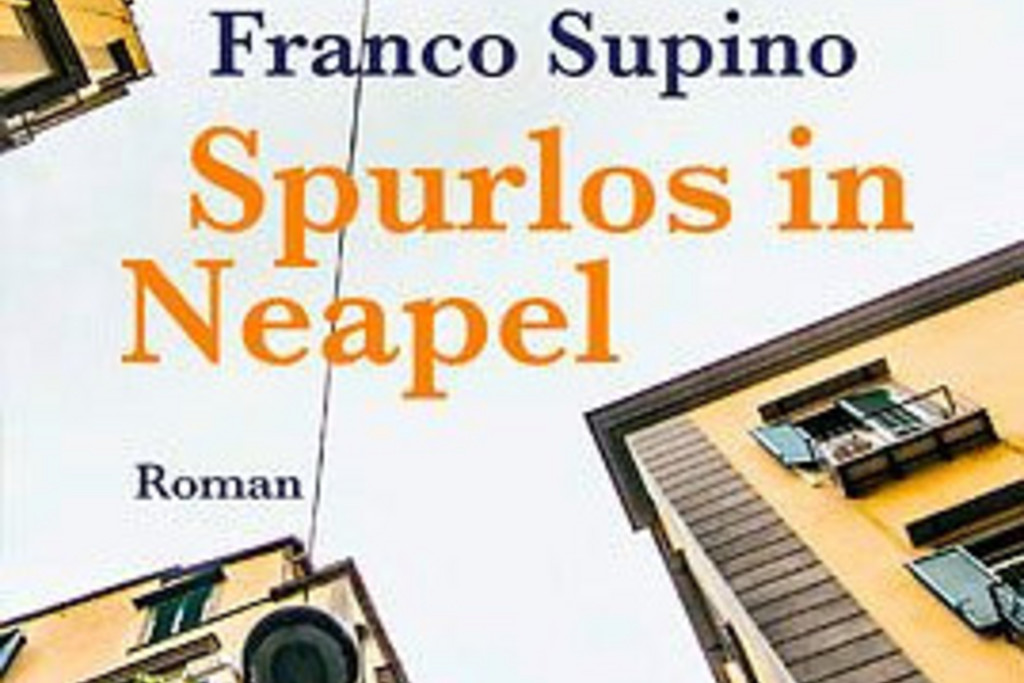
Lost in Naples


Written near Lake Neuchâtel, Didier Burkhalter’s third novel, “Mer Porteuse”, offers poetic prose set within the context of questions surrounding family ties and the strength of our origins. In this story of an abandoned child, the Atlantic Ocean becomes a character in its own right: a symbol of separation, yet also a form of connection for human beings. The former Federal Councillor writes beautifully, as displayed in a passage in which the plumes of smoke from an ocean liner create a lifeline attaching the vessel to the sky, “as if it were afraid of being snatched by the depths below”. The novel’s weakness is a certain linguistic sluggishness or pomposity that deems indifference necessarily “crass” and that inevitably presents readers with an “ocean of despair” engulfing one of the novel’s characters.
It is of course tempting to search for the liberal political viewpoints tucked beneath the prose of the author, former President of the Confederation and Head of the Department of Foreign Affairs. For example, Enor, born of a lineage lost at sea, will become a lawyer but “without betraying his core values”. This is to be expected as he comes from a family which renovated buildings, “providing work for companies which hired young and migrant workers”. And of course, this housing was first and foremost allocated to families. Merit, family and humanity are thus the central convictions that bring the pages to life. Spirituality is also touched upon, with the theme handled through the personification of a wave. “Dispersed in a myriad of droplets, each a miniscule life of its own, it draws back, healing its wounds with the currents from the deep …,” is how the author imagines it.
But at times, with Didier Burkhalter’s lyricism and love for maritime regions such as Finistère, combined with the original structure and an ability to create mystery and suspense, this oriented reading can easily be forgotten. Readers are then left with the story of Kaelig and the orphaned Gwellaouen, European migrants heading to the New World in a century of revolutions. How does she perceive her future spouse? “He is different from the others that measure her up, viewing her as a pretty flower to be picked, to be possessed quickly and without love and later to be left to wilt, slowly, devoid of hope, in a stagnant life, and then to dry out; a flower that has never had its own soil, that has been ripped up and cut away, that will never be able to grow back.”
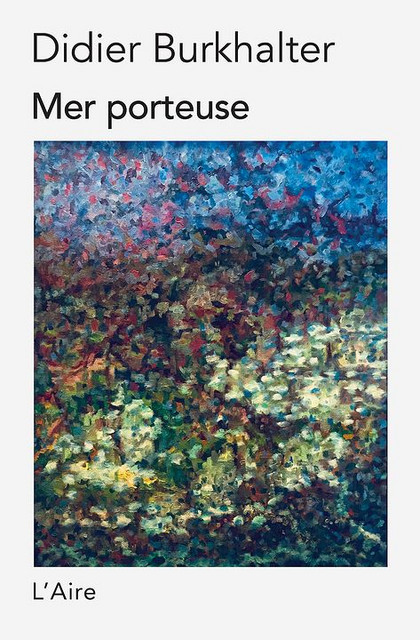
Didier Burkhalter: “Mer porteuse”. Editions de l’Aire, 2018, 194 pages, CHF 24.–, Euro 24.–
Comments